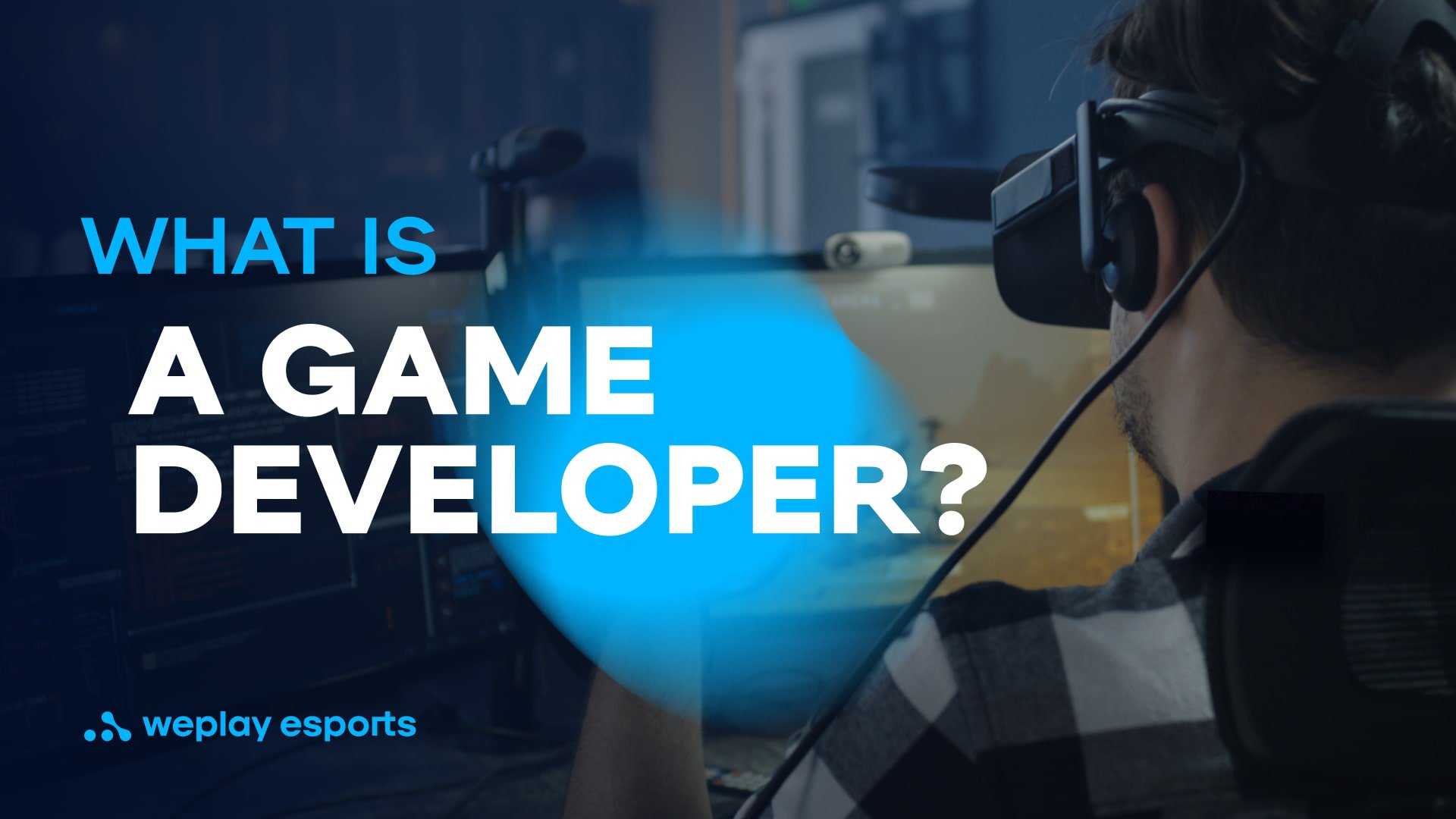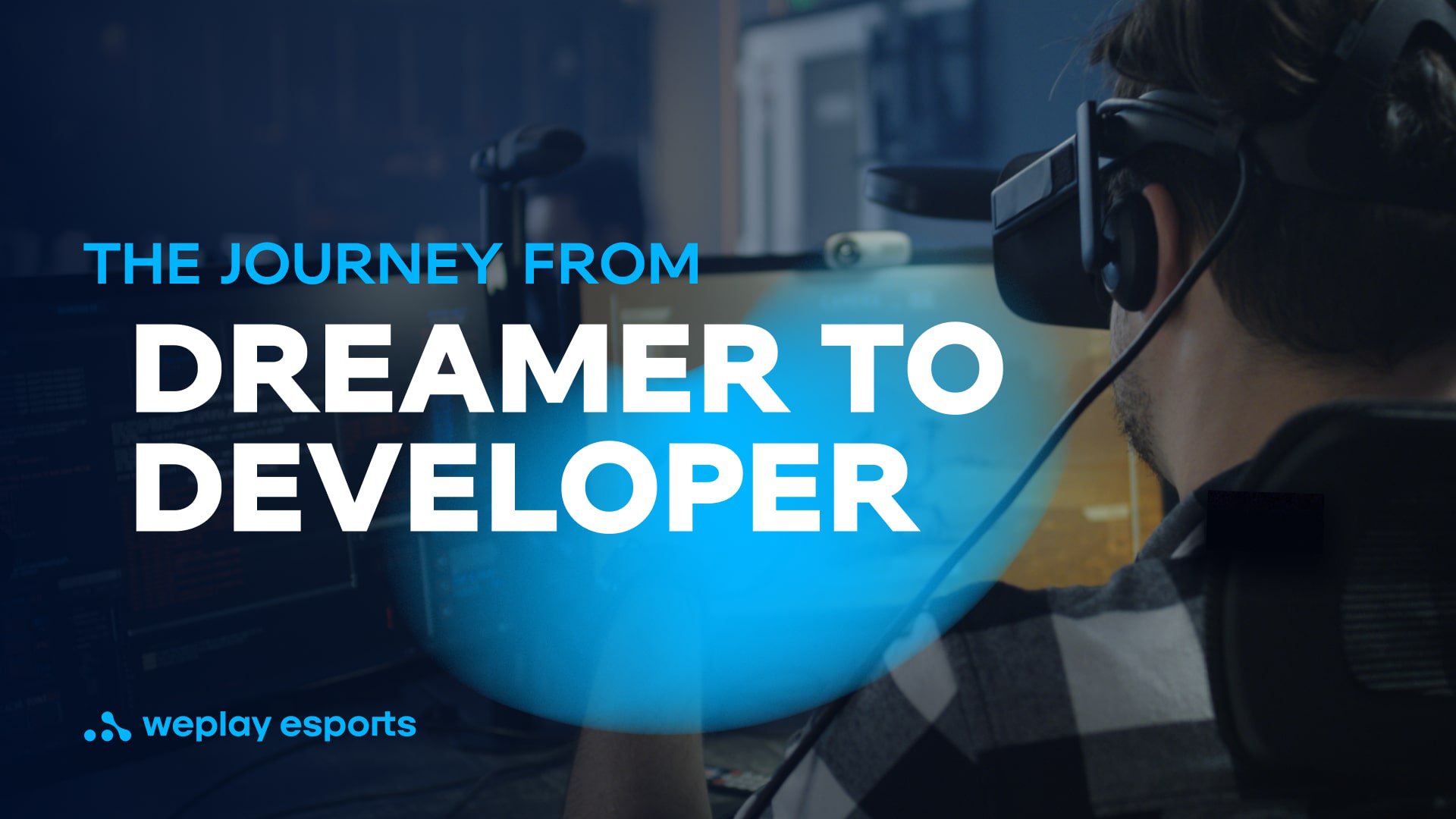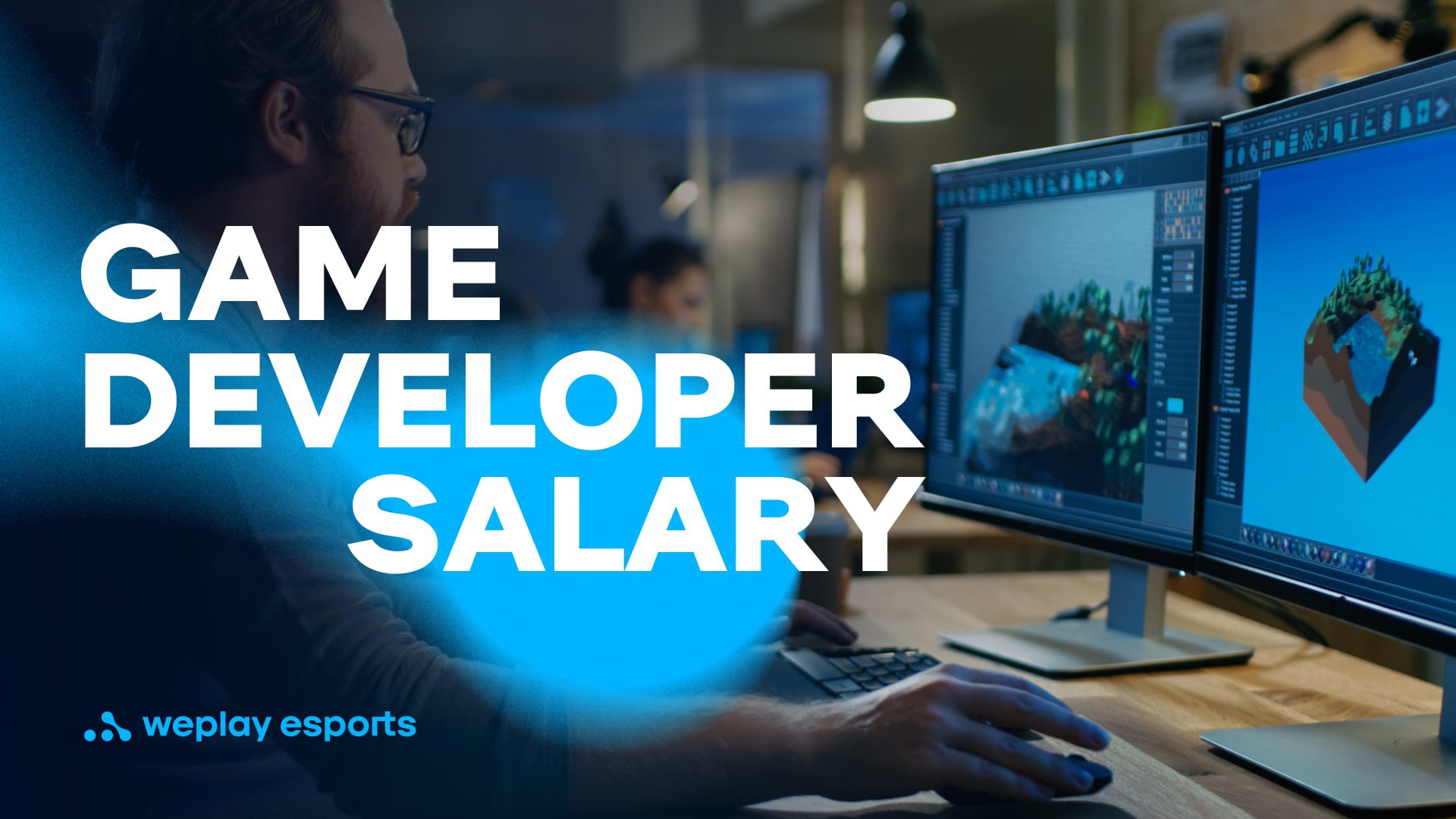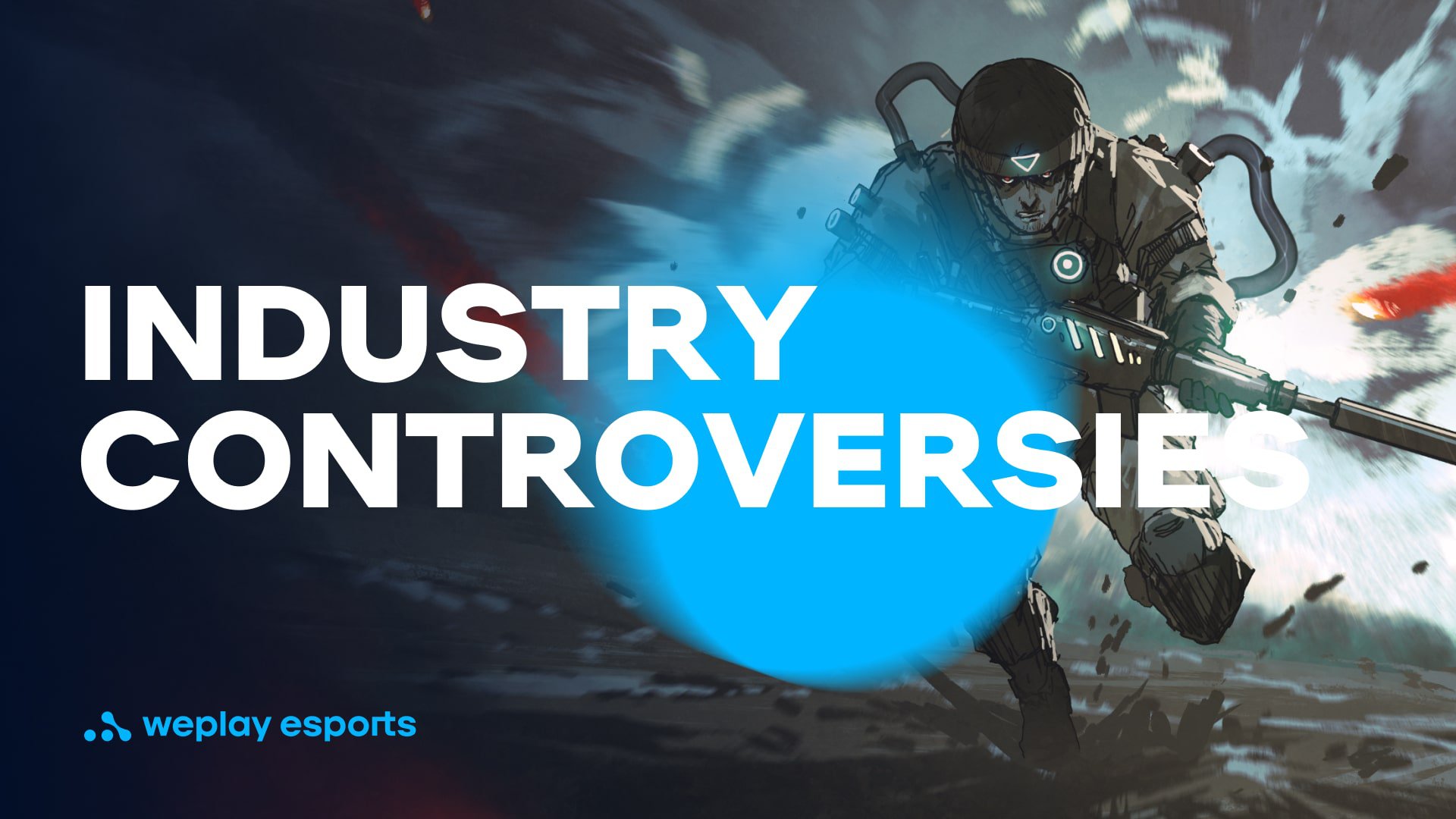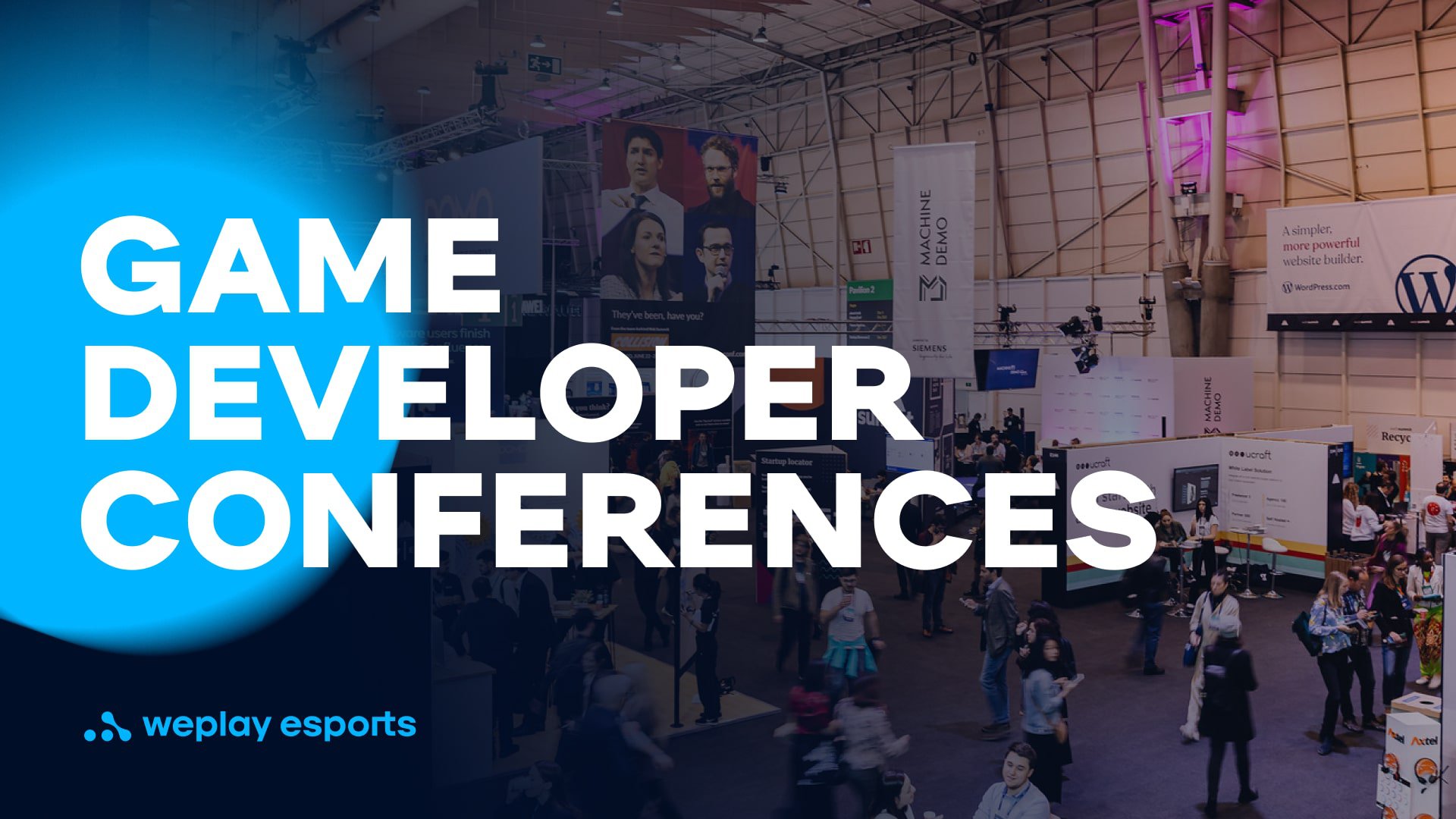Dec. 29, 2021
How to Become a Game Developer: A step-by-step guide
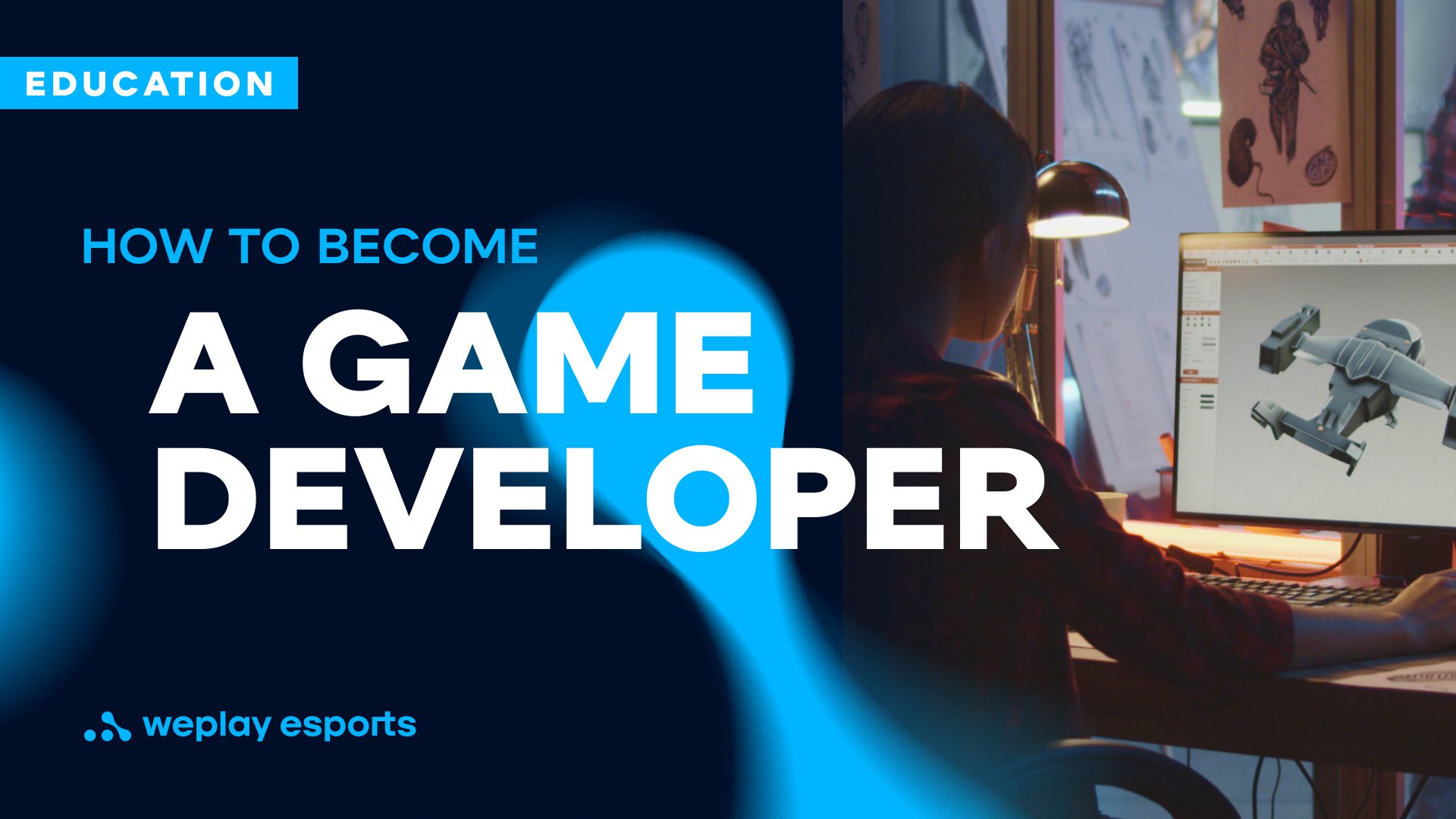
8 min read
The game developers are the backbone of the video game world doing everything make the gameplay feel as smooth and exciting as possible.
Want to develop games? Become a star of the game development industry? There are some things you need to know first! Creating games isn’t easy, but we can explain the path.
Some of the most coveted jobs in the programming world are those of video game developers. These game artists are the backbone of the video game world, doing everything from creating fascinating, beautiful worlds to making the gameplay feel as smooth and exciting as possible.
So, if you want to be a video game programmer, what do you need to know?
Who Is a Game Developer?
Being a game developer can be a lot more complicated than you think. At the bare bones, it’s someone who is likely good at coding and uses their skills to help program a video game. However, there are several types of developers. Some focus on how a video game setting moves and how one interacts with it, others focus on character models and gameplay, and even more people work on making the game look as imagined.
At an indie publisher, one or a couple of people might handle all these facets for one game, but at a Triple-A studio, different development teams will work on widely different parts of the game. For example, one person might be solely responsible for all the complex ways that a character’s face moves and reacts to any given scene or how a playable character swings their weapons.
Your life as a developer will depend on your situation, position, interests, and skills, but needless to say, it’s a lot of detail-oriented work that eventually leads to a large, grand product.
The Journey from Dreamer to Developer
There are many young gamers that dream of becoming video game programmers. The video game industry is exciting and attractive; so why shouldn’t they dream?
However, dreaming isn’t enough to make something happen. It takes a lot of work to go from fan to developer.
Now, there’s only so much a wide-eyed kid can do from their bedroom, but fear not! There is a decent amount of gaming tools out there where even a kid can create simple games and experiment with the medium. For example, Construct 3 can help you make your own games, even if you don’t know anything about code. Other popular free options include GameMaker Studio 2, Unity, GoDot Engine, and RPG Maker Z.
You can also prep yourself for the gaming industry by trying to learn a little programming. Most high schools have a few coding classes and they can teach you a lot towards your gaming goals (and help you figure out if you even like coding at all).
After that, you’ll likely have to go to college to get more technical skills. Learning programming languages, game design, coding skills, problem-solving skills, and the like will be vital. During your time at university, try to secure good grades and impressive internships. Internships are the stepping stone to learn game development and help you get your foot in more exciting doors than you expect. This is especially true because most colleges don’t make computer coding programs exclusively for video game development. However, we’ll discuss soon enough about what colleges can help you reach your goals.
After you graduate, look at job boards and start applying for positions. While you might want to apply for the most impressive job postings out there, sometimes smaller studios will give you better opportunities and start so you can show off your skills instead of being overwhelmed or underappreciated.
If you don’t want a formal education, though, things get a little tricky. The only way to avoid college and job portals is to create a game all by yourself, but that’s easier said than done. For example, when Toby Fox made Undertale on his own, he had to make all the music, text, gameplay, etc., all on his own. His unique style and musical abilities helped a lot, but it still was hundreds of hours of work that he had to juggle by himself (without guarantee of compensation, either). So, just know what you’re signing up for if you go solo.
Game Development Technologies
Game development is all about knowing technology! Therefore, here are some critical game development technologies you should know when going into the industry:
Programming Engines
Programming engines help streamline game creation and knowing how to use them makes your life easier. And they aren’t just used for indie games. For example, Unreal Engine is currently a top-rated programming engine that devs have used to make famed games like the Final Fantasy 7 Remake, Borderlands 3, Star Wars: Jedi Fallen Order, and Fortnite.
Other popular engines include Unity, GameMaker, Frostbite, and HeroEngine, but there are many more options out there you might want to explore.
Programming Languages
While engines make coding more manageable, you still have to learn the top languages. People often think there are only a couple, but there are actually hundreds of languages out there that developers keep learning. As a result, lifelong coders often have to learn and relearn dozens, if not more, throughout their careers.
Some of the current gaming favorites include C++, Java, HTML5, CSS3, JavaScript, and SQL.
Artificial Intelligence
The more complex a game gets, the more help it needs running. When people hear AI, they often think of iRobot or Terminator. However, simple video game AI is not as complex (or deadly). AI is used to make specific processes run smoother and on their own.
Think of your favorite story-driven, open-world game. AI is used to make non-playable characters (NPCs) move like they should and interact with players and objects when prompted in specific ways. The coders write that in AI so that an NPC runs on their own without player or programmer input. Game developers can explore that direction, going from practical to creative.
Best Colleges for Game Developers
If you want to be designing games, here are the best bachelor’s degree programs for you:
- University of Southern California, Los Angeles, CA
- The University of Utah, Salt Lake City, UT
- DigiPen Institute of Technology, Redmond, WA
- Michigan State University, East Lansing, MI
- Worcester Polytechnic Institute, Worcester, MA
- Drexel University, Philadelphia, PA
- Champlain College, Burlington, VT
- Rochester Institute of Technology, Rochester, NY
- Becker College, Worcester, MI
All of these universities have specific focuses on programming and development in video games. For example, UCLA has its Game Lab, where students are free to explore game design in a safe space while also hosting multiple guest developers each year to speak to students and encourage their work.
Game Developer Salary
According to Glassdoor, the national average salary of a game developer is $70,600. However, the actual figures show a wide variation. After all, Ziprecruiter gives a range of $22,000–$120,000 for what game developers earn.
The game developer job all depends on the budget of the studio they’re working with and the kind of game they’re making. Sometimes, it’s simple — if someone wants a little flash game, the pay won’t be all that exciting. However, Triple-A studios trying to get the best in the business will pay a lot more for their workers.
Industry Controversies
While game development is an attractive profession, there are notable concerns that every hopeful future dev should be aware of before joining the industry. Game developers are known as some of the most stressed-out professionals there are, including computer science specialists.
Currently, gaming studios have a terrible history of enforcing “crunch time,” which basically means overworking employees to force deadlines that were often underestimated in the first place. CD Projekt Red got a lot of heat for the crunch time they had for CyberPunk 2077 while still debuting a very buggy game, so devs, fans, and the company suffered. Making your own game, even without industry pressures, can be tough.
Women interested in the industry also have to be aware that there are quite a few studios currently going through a sexism purge. It bleeds from the bad behavior of the gaming community and makes the job a lot harder for women than it should be, between harassment, sexism, and the like.
Game Developer Conferences
Whether you’ve already become a game developer or are just aspiring to it, gaming conventions are great places to learn more about the industry. However, many conventions are geared more towards fans, so if you can, try to get into cons like the GDC to learn more about gaming technologies and innovations.
Some examples of professional conventions include Unite, GamesCon, GameDaily Connect USA, and most famously, the GDC.
In conclusion…
Game development can be a lucrative career if you’re really looking into becoming a video game developer. However, this industry is very competitive, so expect a lot of trouble before being recognized!
Video game developers know that it takes time. If you’re confident in your skills and wish to be the next game developer of the year, make sure you know what it takes, take a deep breath, and embrace the world of video game development!
